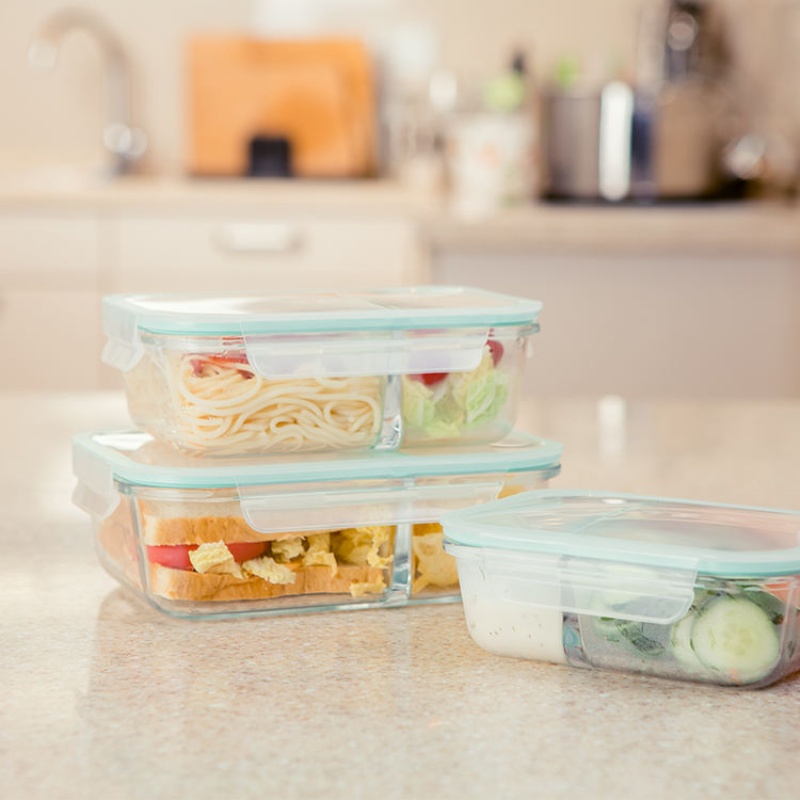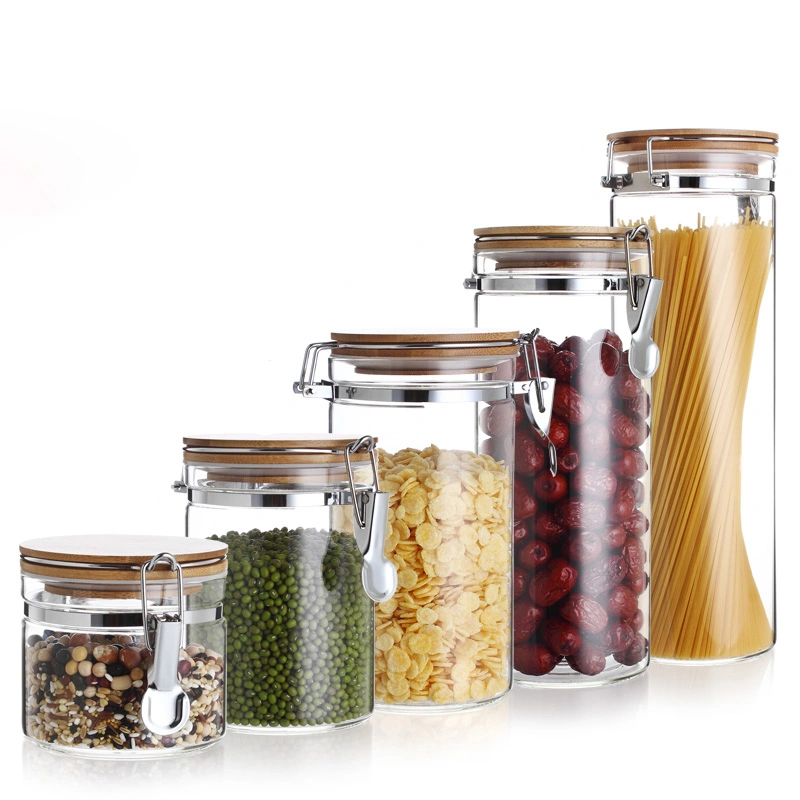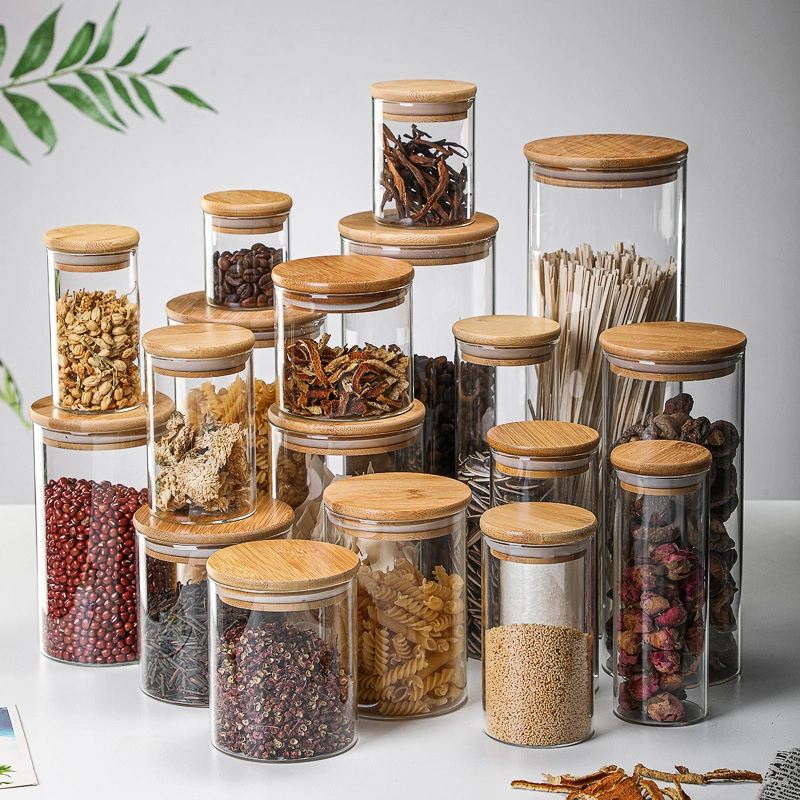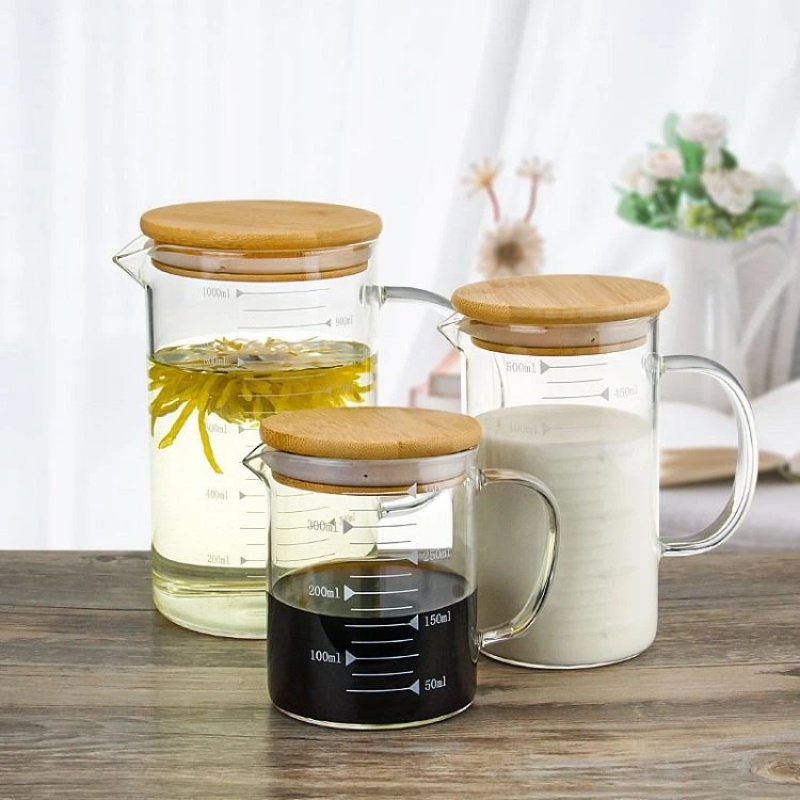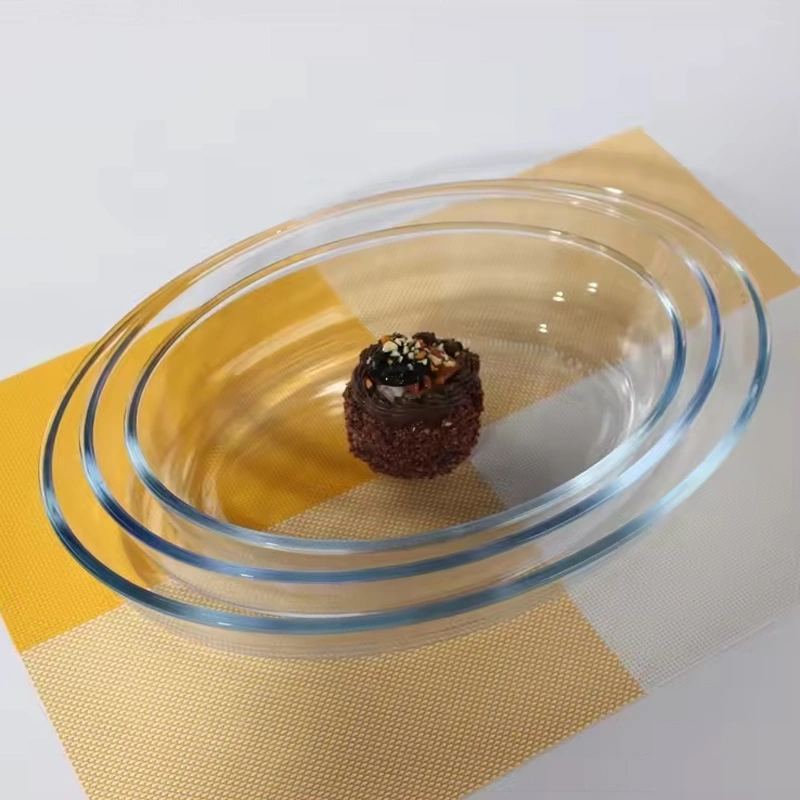Do Glass Containers Keep Food Fresh Longer?
Table of Contents

Paul Ren
Hello! I’m Paul, the Senior Sales of Canzo Glassware. With 18 years of experience in the glassware industry, I’m excited to share some insights from our perspective as a China glassware manufacturer. Today, we’re diving into a common question: Do glass containers keep food fresh longer?
Storing food properly is essential for keeping it fresh and safe. One common question people ask is whether glass containers are a better option for food storage than other materials like plastic. In this post, we’ll explore the benefits and drawbacks of using glass containers for storing food.
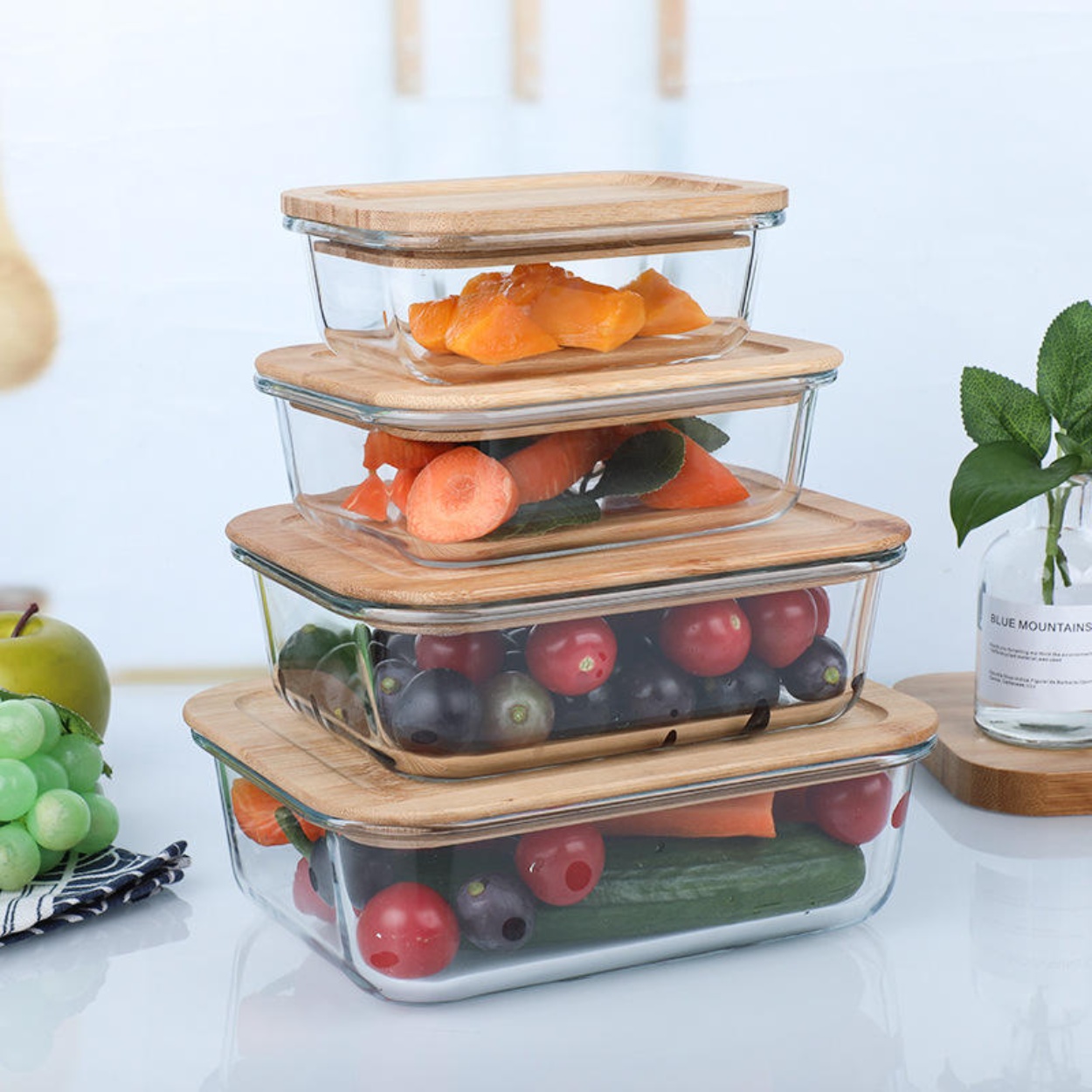
Benefits of Storing Food in Glass Containers
We believe one of the key benefits of using glass food containers is their non-porous nature. Since glass doesn’t absorb food odors or flavors, it keeps the food’s natural taste intact. This feature is particularly helpful when storing strong-smelling foods like onions or garlic, as it won’t pass the scent to other items.
Another major advantage is that glass is incredibly easy to clean. It doesn’t harbor bacteria as plastic sometimes does, making it a more hygienic option for long-term storage. You can simply pop a glass container into the dishwasher without worrying about any lingering stains or odors.
Drawbacks of Storing Food in Glass Containers
While glass containers have a lot of benefits, there are some downsides to consider. One of the biggest concerns is that glass is breakable. If you’re clumsy or have children around, glass may not be the most practical choice. Dropping a glass container can easily result in shattered pieces, which could be both dangerous and inconvenient.
Additionally, glass containers don’t insulate as well as plastic. This means they might not be ideal for keeping food hot or cold for extended periods. If you’re looking for something that will maintain temperature over time, especially for meals on the go, glass may not be the best option.
Environmental Benefits of Glass Containers
We all want to make more environmentally conscious choices, and using glass containers is one way to contribute. Unlike plastic, which can take hundreds of years to decompose, glass is recyclable and can be used multiple times without degrading in quality. This makes it a more sustainable option for food storage. Plus, glass doesn’t release harmful chemicals into food, especially when heated, which can happen with some types of plastic.
Glass Containers and Food Freshness
When it comes to keeping food fresh longer, glass containers excel in a few key areas. Since they are airtight when paired with a good-quality lid, they create a strong seal that helps prevent air from getting in and spoiling the food. This can extend the shelf life of your leftovers or meal prep items, keeping them fresh and ready to eat for days.
Another plus is that glass can handle a wide range of temperatures. You can store food in the freezer or reheat it in the microwave or oven directly in the glass container. This versatility makes glass a convenient option for keeping food fresh in different storage environments.
Alternatives to Glass Containers
While glass is a fantastic option for many, we understand that it might not be for everyone. Plastic containers are often lighter and more durable, making them a popular alternative. However, they may not offer the same level of freshness and cleanliness as glass. Stainless steel is another viable option for food storage, particularly if you want something more durable and temperature-resistant. Still, steel containers may not provide the same airtight seal as glass, which could affect food freshness.
Conclusion
So, do glass containers keep food fresh longer? In many cases, yes. Glass offers a range of benefits, from being non-porous and easy to clean to being environmentally friendly and effective at keeping food fresh. However, the downsides—such as its fragility and lack of insulation—are also worth considering. Ultimately, the choice between glass and other materials depends on your specific needs, whether it’s for durability, sustainability, or food freshness.
Newest Blog
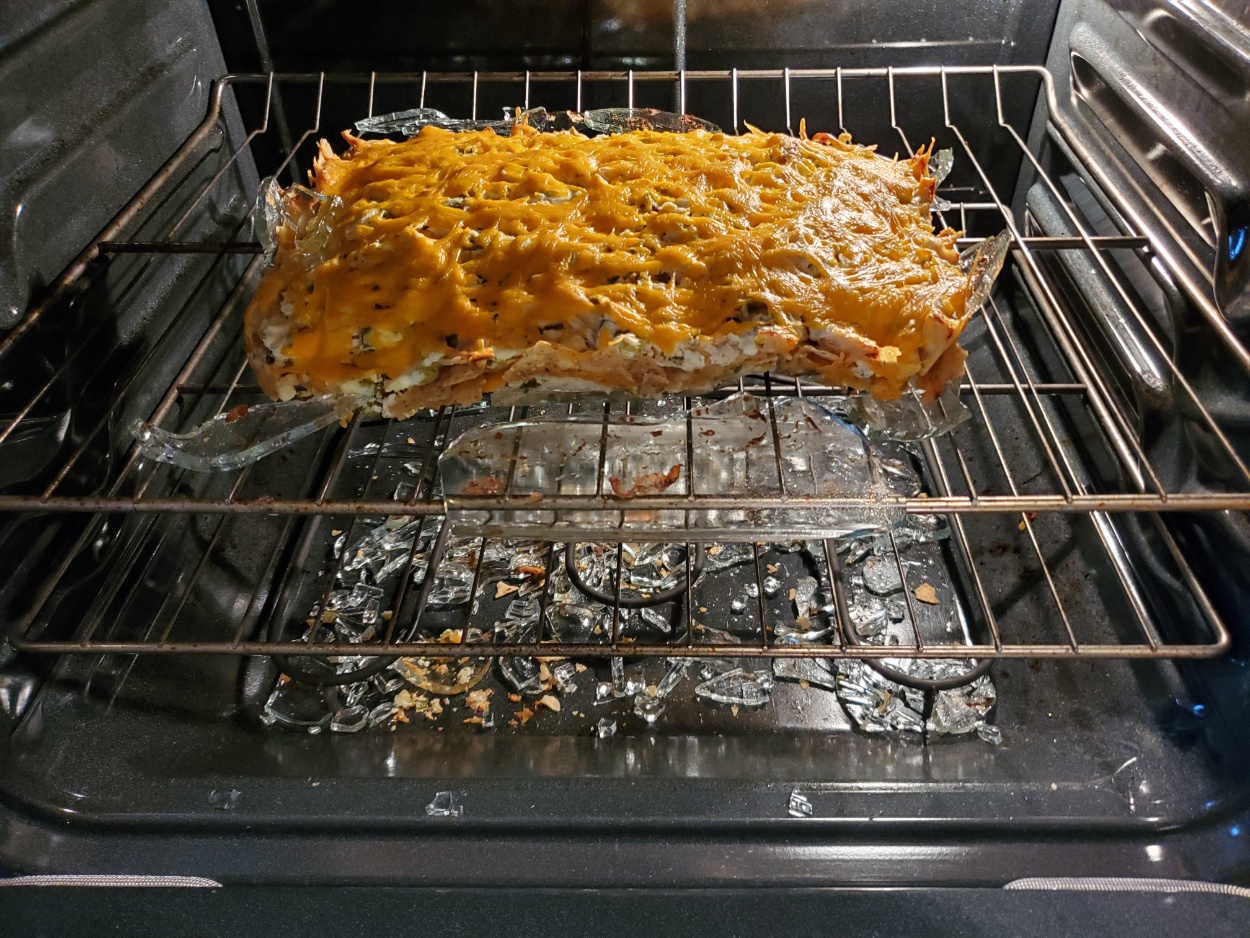
Is Glass Safe In The Oven?
Whether you’re a home cook or a business owner sourcing from a glass lunch box factory, understanding the nuances of oven-safe glass is crucial. We’ll explore the world of durable and reliable custom glass food container options, ensuring you make informed decisions.
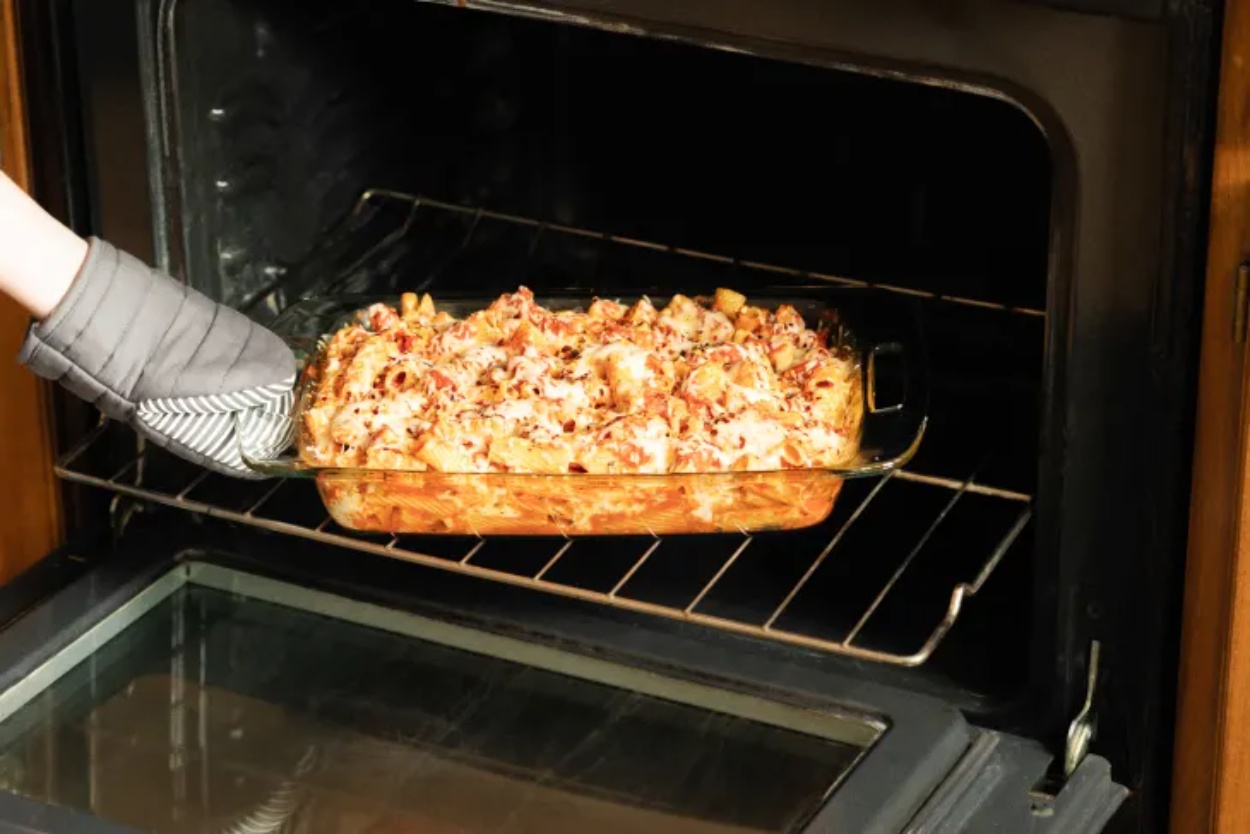
Can You Put Glass In The Oven?
We’ll explore why choosing the right type of glass, particularly from a reliable China glassware factory, is so important, especially if you’re looking for custom glass food storage containers or even a glass lunch box factory.
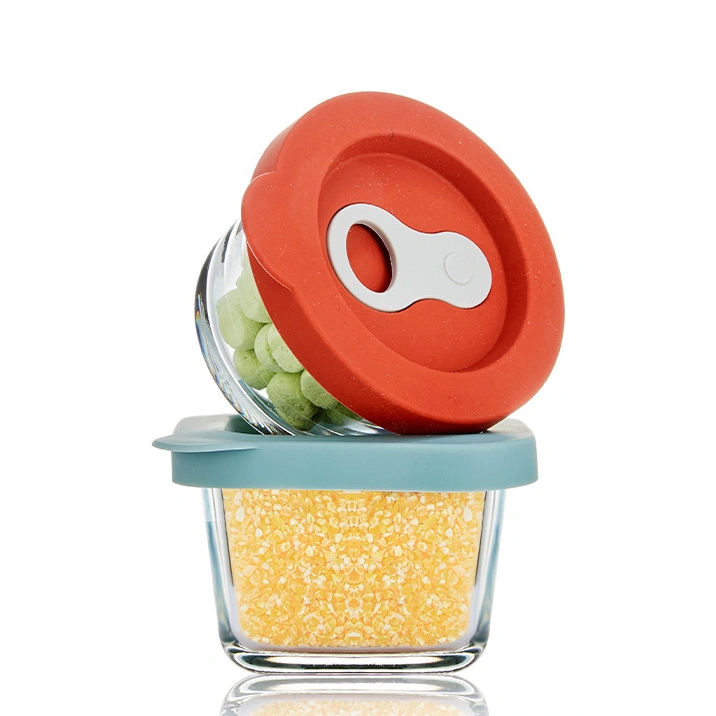
What To Do With Small Glass Containers?
From baby food meal prep, storing leftovers to organizing your craft supplies, small glass containers are super handy!

